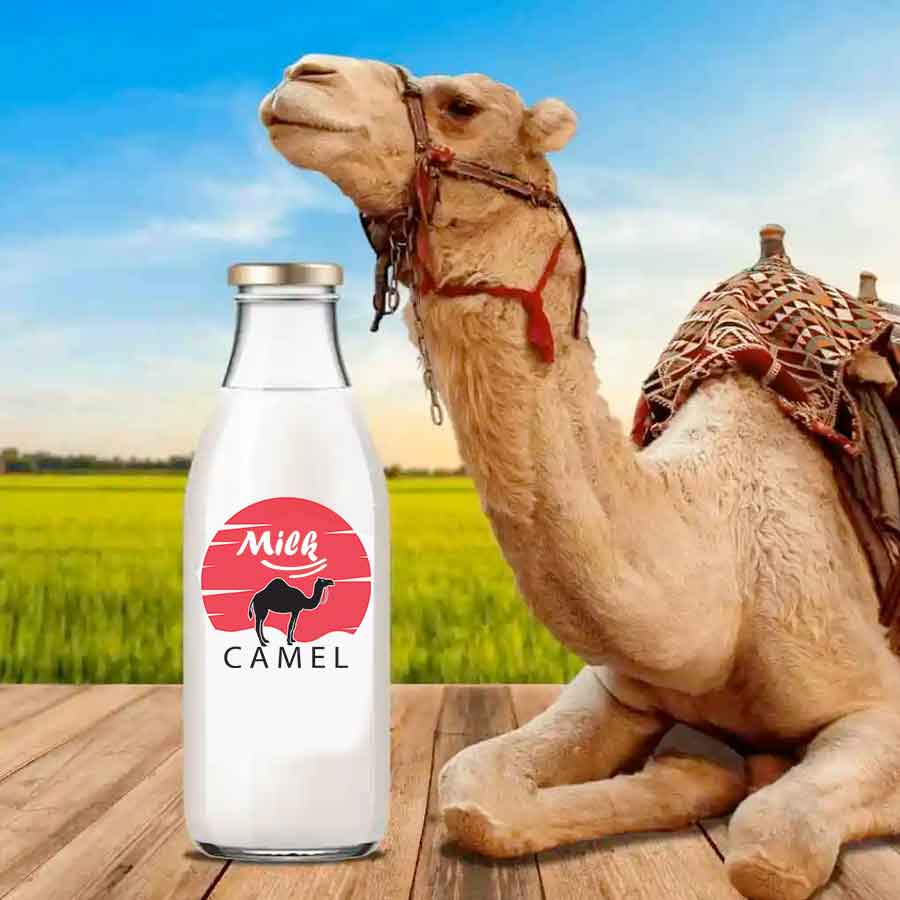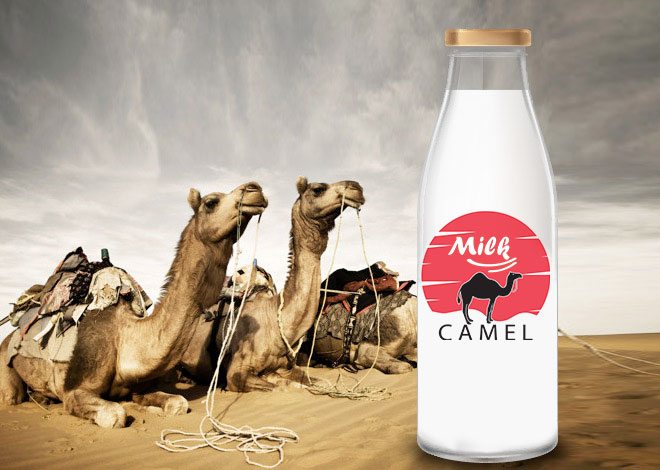Menu
In an era of increasing environmental awareness and concerns about the sustainability of traditional dairy farming practices, camel milk emerges as a promising and eco-friendly alternative. In this article, we’ll explore how camel milk production offers a sustainable solution to the challenges facing the dairy industry and why it’s gaining traction among environmentally conscious consumers.
Resilience in Arid Environments:
Camels, well adapted to thrive in arid and semi-arid regions, require minimal resources and can withstand harsh environmental conditions that are unsuitable for traditional dairy cattle. Unlike conventional dairy farming, which often relies on large amounts of water, land, and feed, camel milk production offers a more sustainable approach by utilizing natural resources more efficiently.
Low Environmental Impact: Compared to conventional dairy farming, camel milk production has a lower environmental footprint. Camels are more efficient grazers, requiring less water and forage to produce milk compared to cows. Additionally, camels produce less methane, a potent greenhouse gas, making them a more environmentally friendly option for dairy production.
Adaptability to Climate Change:
As climate change continues to pose challenges to agricultural systems worldwide, the resilience of camels in arid environments becomes increasingly valuable. Their ability to thrive in hot and dry conditions, coupled with their efficient water use and feed conversion, positions camel milk production as a sustainable solution in the face of changing climate patterns.
Preservation of Biodiversity: Camel milk production supports biodiversity conservation by preserving native ecosystems and traditional pastoralist livelihoods. In regions where camels are raised, such as parts of Africa, the Middle East, and Asia, camel herding has long been integral to the cultural heritage and ecological balance of these landscapes.
Ethical Considerations: Beyond environmental sustainability, camel milk production also raises important ethical considerations. Compared to intensive dairy farming practices that can compromise animal welfare, camel herding often involves less confinement and stress for the animals, aligning with principles of ethical and humane treatment.
Consumer Awareness and Demand: As consumers become more aware of the environmental and ethical implications of their food choices, there is a growing demand for sustainable and ethically produced dairy alternatives. Camel milk, with its minimal environmental impact and cultural heritage, appeals to environmentally conscious consumers seeking sustainable options.
In conclusion, camel milk represents a sustainable dairy alternative that offers numerous environmental, ethical, and cultural benefits. From its resilience in arid environments to its lower environmental footprint compared to conventional dairy farming, camel milk production embodies principles of sustainability and conservation. As awareness grows and demand increases, camel milk is poised to play a more significant role in the global dairy market, providing a sustainable solution for a changing world.

We take pride in offering you the finest camel milk sourced directly from the heart of Qatar. Our commitment to quality, sustainability, and ethical production practices ensures that every drop of camel milk you enjoy is of the highest standard.
